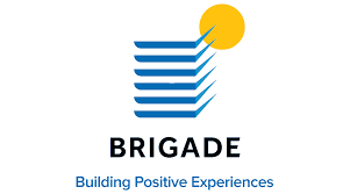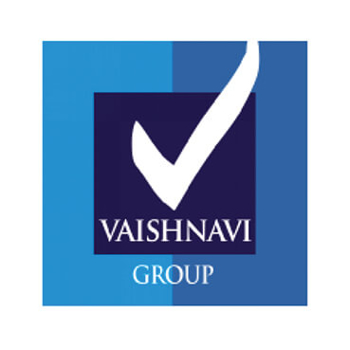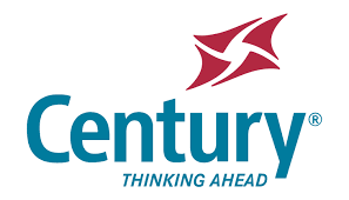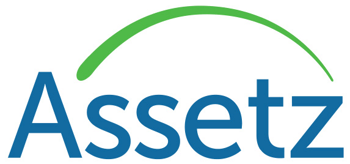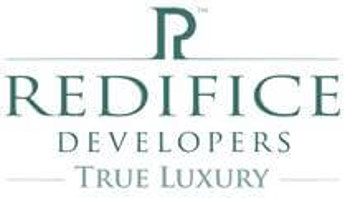Project Marketing plays a crucial role in promoting and selling real estate developments. Here are some key steps and considerations for effective project marketing:
- Understanding the Project: Start by thoroughly understanding the project you’re marketing. Familiarize yourself with its unique selling points, target audience, pricing strategy, and key features.
- Market Research: Conduct market research to identify target demographics, buyer preferences, and competitive landscape. Understanding market trends and consumer behavior will help tailor your marketing efforts effectively.
- Developing a Marketing Plan: Create a comprehensive marketing plan outlining strategies, tactics, and timelines. Determine the marketing channels you’ll utilize, such as online platforms, print media, events, and collaborations.
- Branding and Positioning: Develop a strong brand identity and positioning for the project. Ensure consistency in messaging, visuals, and tone across all marketing materials to create a cohesive brand experience.
- Creating Marketing Collateral: Produce high-quality marketing collateral, including brochures, flyers, presentations, videos, renderings, and virtual tours. These materials should effectively showcase the project’s features, amenities, and value proposition.
- Online Marketing: Leverage digital marketing channels to reach a wider audience. This includes creating a project website, utilizing social media platforms, email marketing, search engine optimization (SEO), and online advertising.
- Offline Marketing: Explore traditional marketing methods such as print advertising, direct mail, outdoor signage, and events. Networking with industry professionals and participating in real estate exhibitions and conferences can also be beneficial.
- Lead Generation and Management: Implement strategies to generate leads and manage them effectively. This may involve offering incentives, hosting events, conducting webinars, and utilizing lead capture forms on your website.
- Sales Process Optimization: Streamline the sales process to ensure a seamless experience for potential buyers. Provide multiple touchpoints for inquiries, schedule property viewings, and offer personalized assistance to guide buyers through the purchase journey.
- Monitoring and Evaluation: Continuously monitor the performance of your marketing efforts and adjust strategies as needed. Track metrics such as website traffic, engagement rates, lead conversion rates, and sales to measure the effectiveness of your campaigns.
- Customer Relationship Management (CRM): Implement a CRM system to manage customer interactions, track leads, and nurture relationships with prospects and buyers. Personalized follow-ups and ongoing communication can help build trust and loyalty.
By following these steps and incorporating best practices in project marketing, you can effectively promote real estate developments, attract qualified leads, and drive sales success.
Don’t miss out on this opportunity to partner with us on your residential development projects. Contact us today


